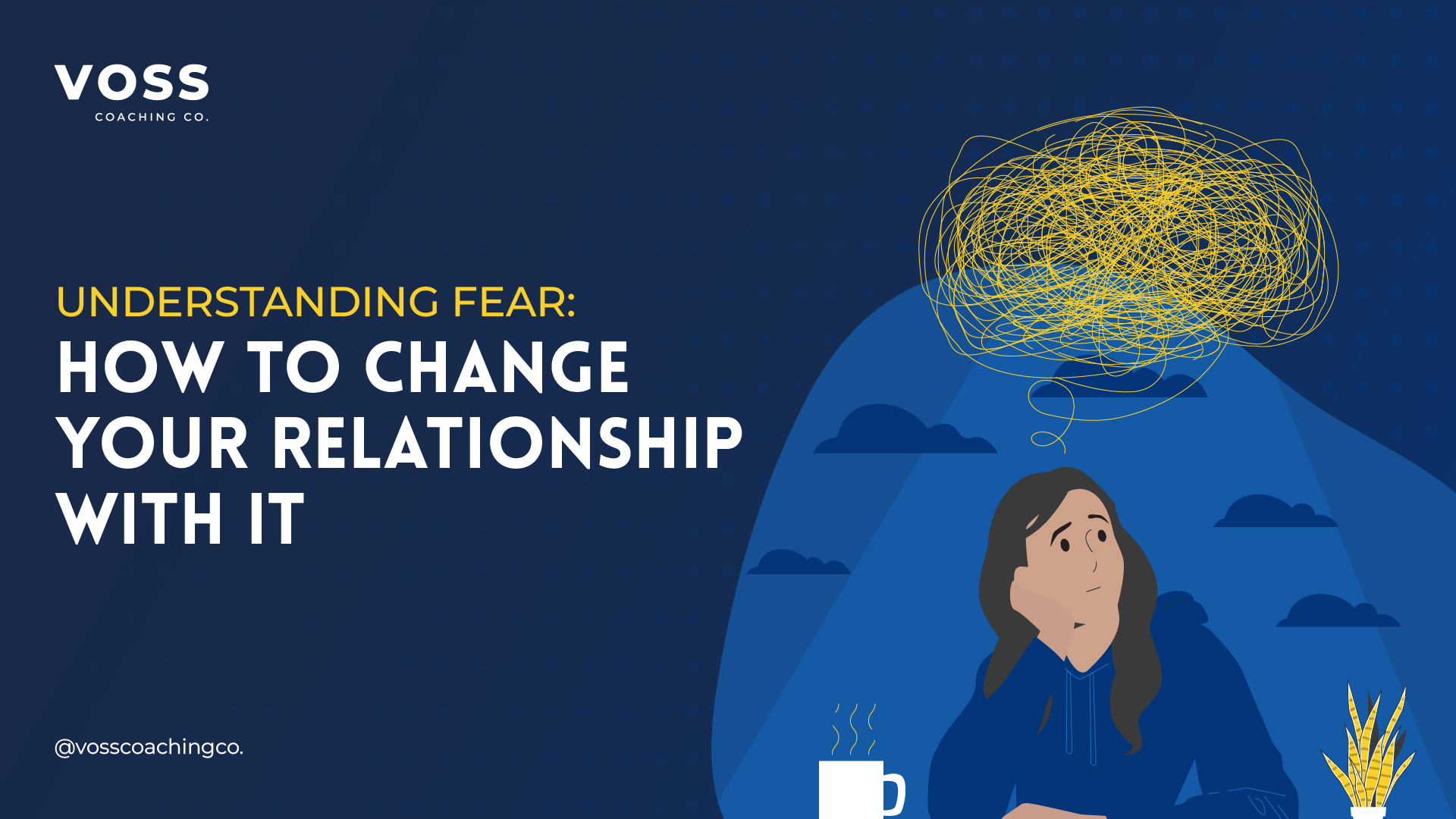
Fear is a natural response to perceived threats or danger. It can help us survive and protect ourselves from harm. But it can also limit our potential and prevent us from achieving our goals. How can we overcome fear and use it to our advantage?
How Fear Affects Us and Why It Is Not a Problem
Fear is directly related to our identity and old conditioning. Our past experiences and beliefs shape our perception of the world and our reactions to it. When we encounter a situation that triggers our fear, it’s often because it conflicts with our sense of self and makes us feel vulnerable or powerless. This is why fear can be so difficult to overcome–it’s not just about the situation but also about how we see ourselves.
However, fear is not something to be avoided or eliminated. It’s a natural and necessary part of life that can actually be a useful tool for growth and self-awareness. Fear can alert us to potential dangers and motivate us to take action. It can also help us discover new aspects of ourselves and expand our comfort zone.
How to Reframe Fear as Feedback
One way to overcome fear is to reframe our perception of it as feedback. When we feel fear, it’s usually because we perceive a threat to our safety or well-being. Instead of becoming overwhelmed by this feeling, we can use it to identify potential problems and take steps to address them. By reframing fear in this way, we can learn to see it as a useful tool rather than a hindrance.
For example, if you feel fear when speaking in public, you can use it as feedback to improve your presentation skills. You can practice your speech, seek feedback from others, or join a public speaking club. By taking these steps, you can reduce your fear and increase your confidence.
How to Overcome Fear
Another way to overcome fear is to work through it intentionally and systematically. This means approaching your fears in a structured way, breaking them down into smaller, manageable steps, and taking action to address them. This may involve facing your fears head-on, seeking support from friends or loved ones, or seeking professional help if needed. By taking proactive steps to address your fears, you can build confidence and resilience over time.
For example, if you have a fear of flying, you can overcome it by gradually exposing yourself to the situation. You can start by reading about flying, watching videos of planes, or visiting an airport. Then you can progress to booking a flight, boarding a plane, or taking a short trip. By doing this, you can desensitize yourself to your fear and realize that it is not as bad as you imagined.
Finally, it’s essential to cultivate grit, mindset, and subjective control in order to overcome fear permanently. Grit is a combination of perseverance and passion for a long-term goal. Mindset involves cultivating a positive, growth-oriented mindset that allows you to see challenges as opportunities for growth. And subjective control means taking ownership of your thoughts and actions and recognizing that you have the power to shape your own experiences.
By developing these qualities, you can overcome any fear you may have and achieve your goals. You can set realistic, achievable goals and take consistent action to achieve them. You can view obstacles as learning opportunities and embrace feedback. And you can control your thoughts and emotions and choose how you respond to any situation.
Final Thoughts…
Fear can be a powerful force, but it doesn’t have to hold you back. By understanding the ways in which fear affects us, reframing it as feedback, and taking proactive steps to overcome it, you can change your relationship with fear and achieve your goals. With discipline, commitment, and action, you can break through any fear you may have and live the life you’ve always wanted.


